If you’d switched off Top of the Pops in the late 1980s and confidently predicted that Paul McCartney and the Pet Shop Boys would headline Glastonbury 30-odd years later, you’d have been laughed out of the room.
The eighties began with John Lennon’s murder and McCartney spent the decade looking profoundly unserious in the shadow of that tragic event. (The Frog Chorus didn’t help his credibility any.) The Pet Shop Boys were an electro-pop oddity, lacking the apparently inevitable longevity of traditional guitar bands.
And, yet. Macca sent the nation to bed last Saturday night later and happier than most had anticipated when they decided to leave the BBC’s Glastonbury coverage on after the news. And the Pet Shop Boys outshone more modern acts like Kendrick Lamar and Charli XCX in closing out the festival.
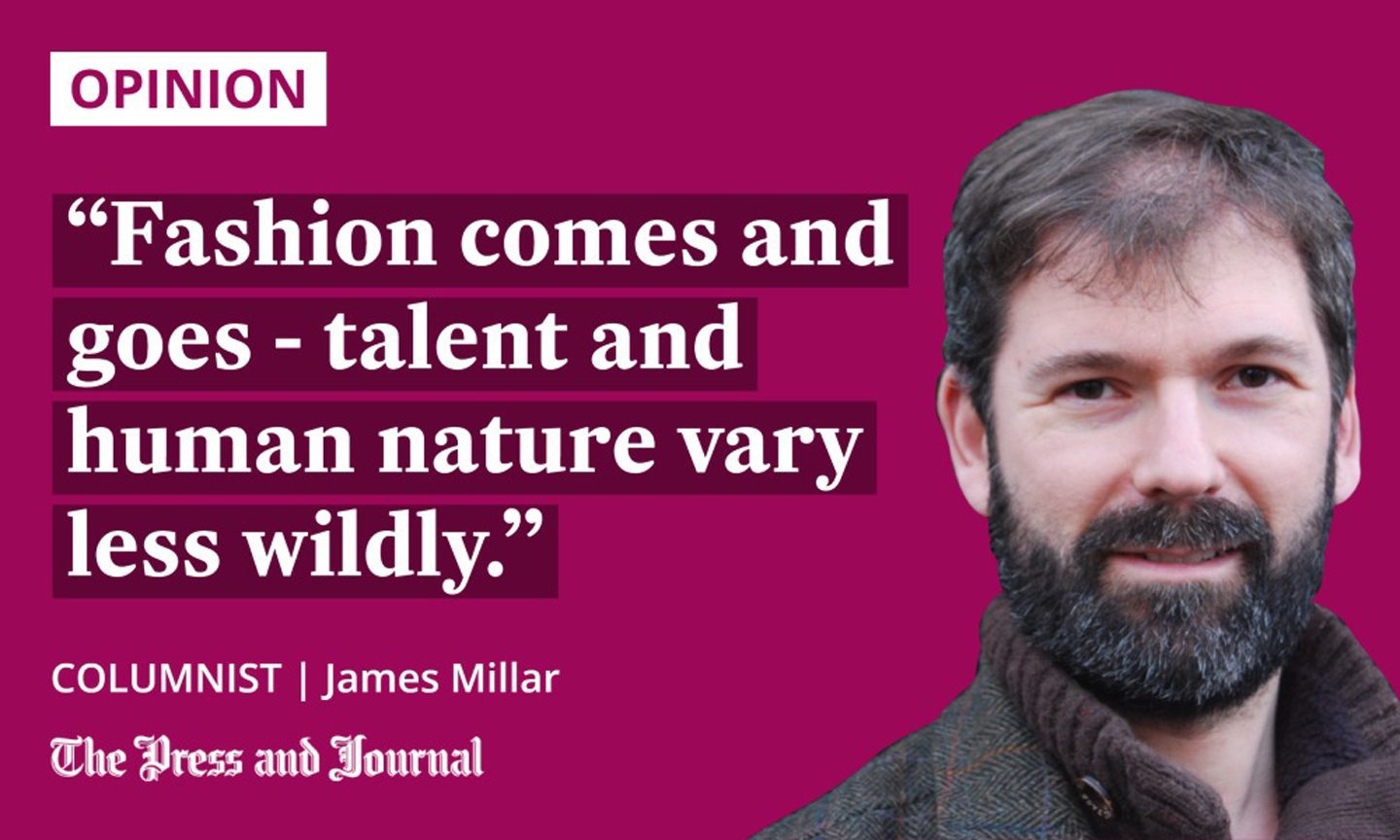
It’s all a lesson in long-term thinking, in looking beyond the obvious to pick the underlying themes of our times. Fashion comes and goes – talent and human nature vary less wildly.
McCartney could withstand the mockery that came his way, because he has a canon of songs unmatched through human history to fall back on. As long as folk want to dance around (and they will) then they’ll keep coming back to the Pet Shop Boys’ sounds.
These tenets run more widely.
Brexit, Covid and war in Ukraine will leave legacies
Forty years ago, Margaret Thatcher’s union-busting was widely regarded as shocking but necessary therapy. Yet, a generation later, James Graham’s excellent Sherwood series zeroes in on the miners’ strikes’ legacy of division, the ongoing human cost that didn’t end along with the 1980s.
And, when the news follows Sherwood in the TV schedules, plenty of folk look at Mick Lynch speaking up for railway workers and wish for an advocate and a union that might give them a fighting chance of keeping up with the cost of living.
Picking the cultural references that will resonate in 40 years’ time is a parlour game. But, in politics, it’s a far more serious undertaking. Never more so than in light of the triple upheavals of recent years – Brexit, Covid, and war in Ukraine.
For my money, it is Brexit’s shockwaves that will reverberate down through the years in the UK. Not least because the process is ongoing and unending.
The hoo-ha over the Northern Ireland Protocol is only the first of what will become an infinite series of flashpoints. In the short term, we may focus on the border, peace, the suspension of Stormont politics. The long-term trend will be poisoned relations with the EU.
As with the aftermath of the miners strike, the divisions may be blurred or buried as the nation’s attention turns elsewhere, but they will endure
Similarly, the divisions unleashed by the Brexit referendum and, particularly, the cack-handed way in which they were addressed in the years since, will leave a legacy. Voters still cleave to their Leave or Remain identity above all others. And, both sides still simmer with suspicion and betrayal.
As with the aftermath of the miners strike, the divisions may be blurred or buried as the nation’s attention turns elsewhere, but they will endure.
The long-term impact of Ukraine
One of the short-term focuses of the pandemic was the way nations shed their internationalist skins and scrambled for vaccines in an effort to protect their populations. It’s tempting to throw that phenomenon into the pot along with the Russia-Ukraine conflict, a war which has galvanised the nation state of Ukraine in a fashion the dopey Russian regime did not foresee.
But, there’s a long-term impact, whatever the short-term outcome of the conflict. A strong nationalist Ukrainian state has been forged and, whether it succumbs to the Russian onslaught or not, it will remain.
The EU has just given the green light to, eventually, let this state fighting for its nationhood into their supranational club. That contradiction will eventually have to be confronted.
And, what are the implications of having a strong nationalist state at the heart of Europe for a nationalist movement on the fringes of the continent? Boris Johnson has drawn distasteful parallels between Brexit and the war in Ukraine – the struggle for freedom, as he would frame it. Yet, he stonewalls Nicola Sturgeon’s nationalist movement as she sets out her plan for a democratic route to statehood.
A new era of nation states will percolate
In the short term, all are rightly focused on the horrors and the humanitarian crisis in Ukraine. But, as the years and decades roll by, the contradiction in Westminster’s approach and the unanswerable logic in a new era of nation states will percolate through politics and the population.
There is so much news around at the moment, most of it grim, that struggling to peer beyond the immediate, or indeed copping out of it entirely for a weekend in Glastonbury, is entirely understandable.
But, looking for the long-term trends is rewarding, either because it allows us and our politicians to anticipate and address ongoing problems, or because it allows you to say: “I told you so” when Dua Lipa is headlining Glasto in 2062.
James Millar is a political commentator, author and a former Westminster correspondent for The Sunday Post
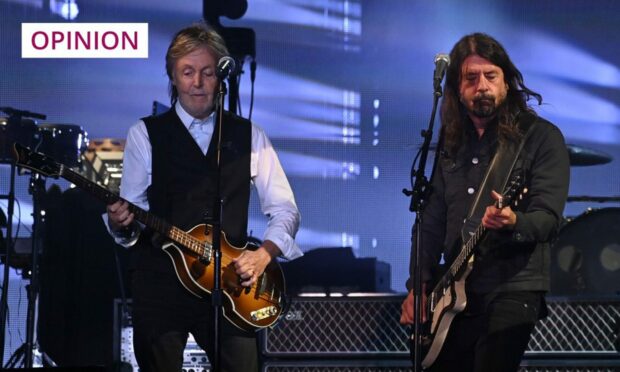
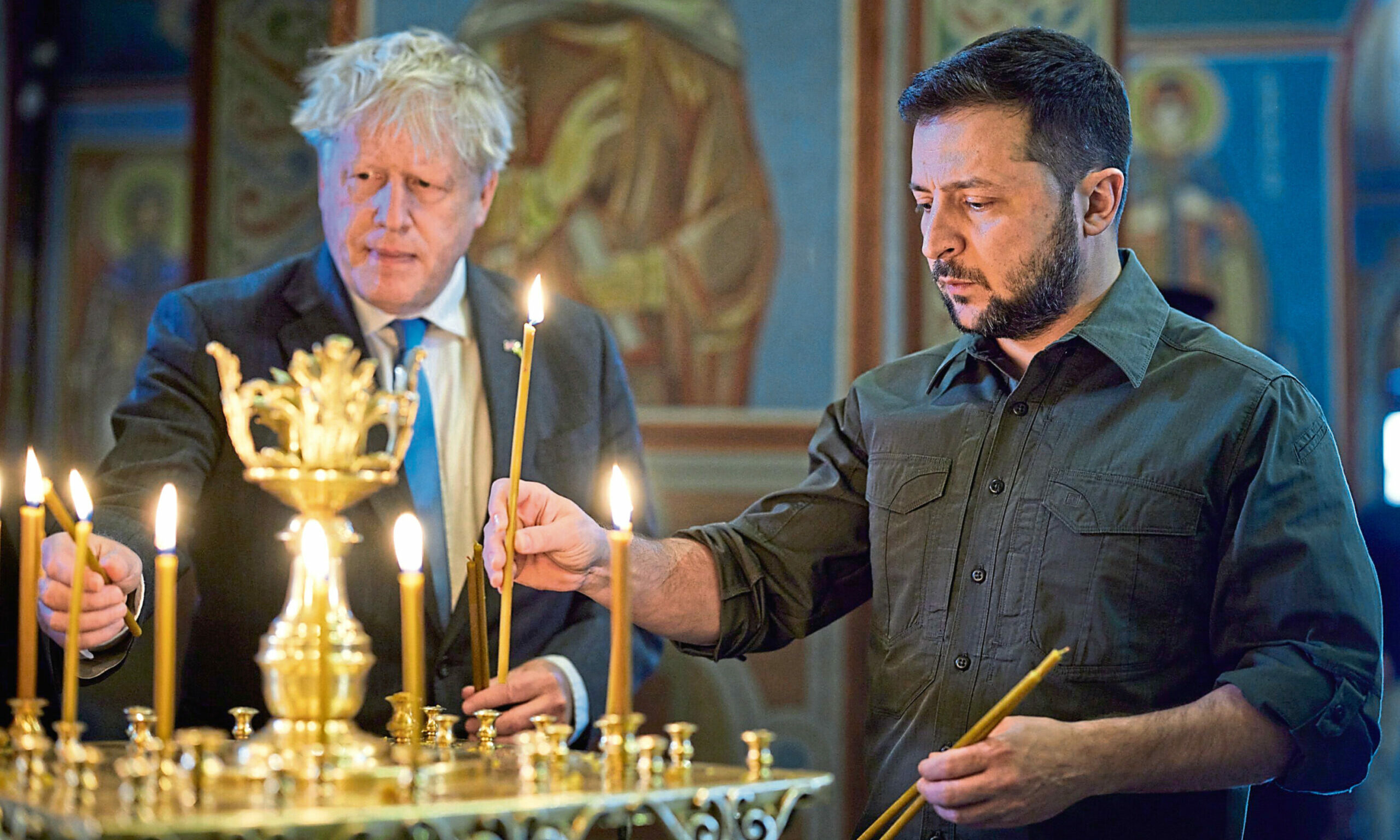
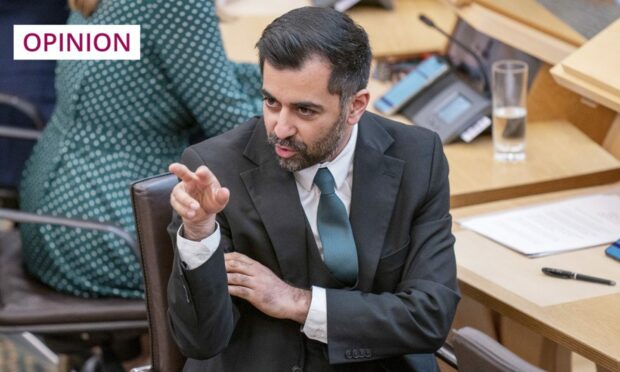
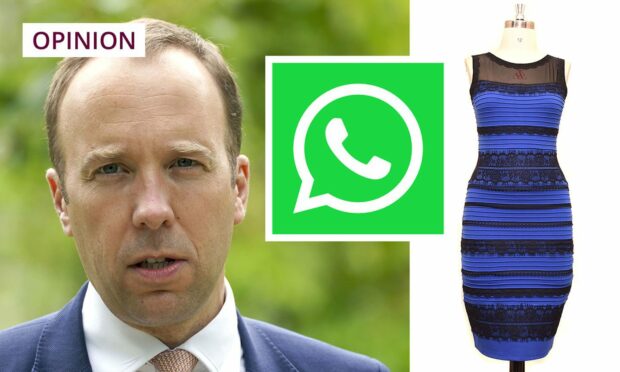

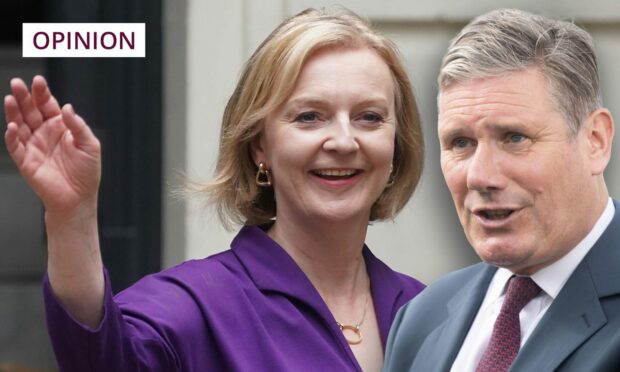
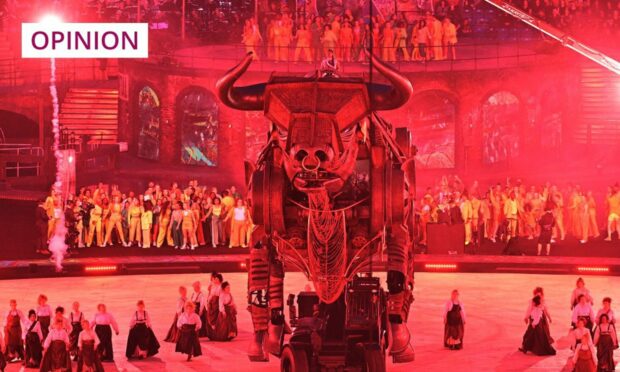
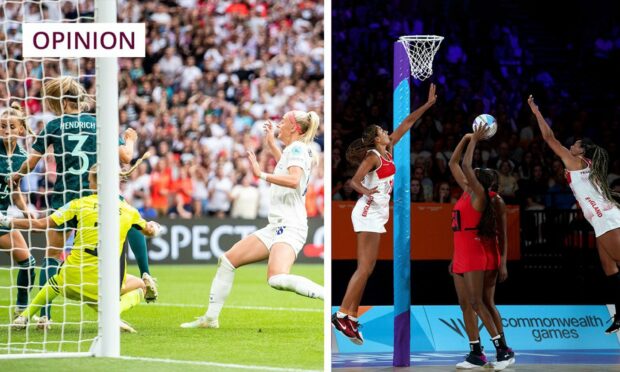










Conversation